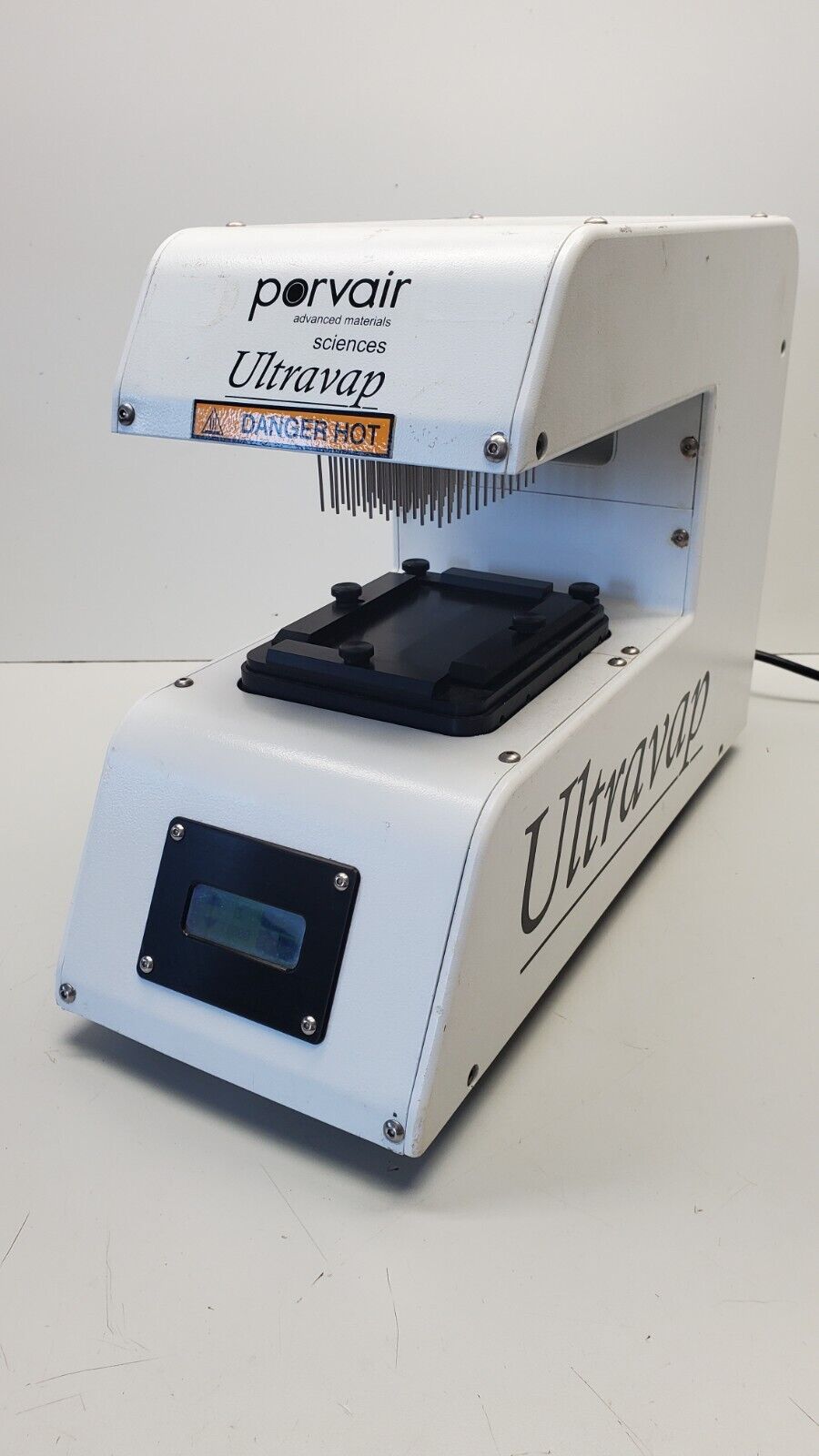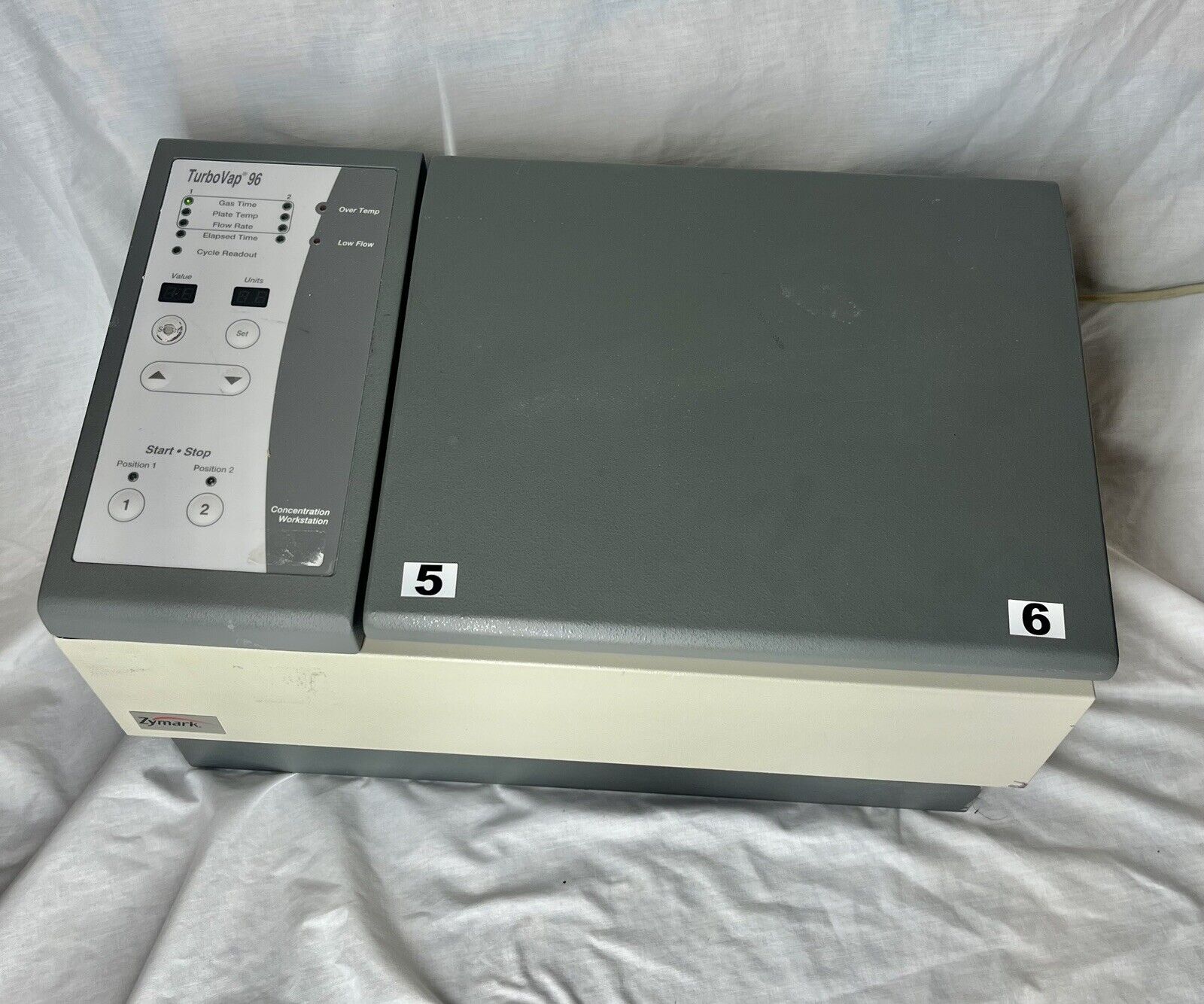Wonderful Echinacea Tea – Echinacea Herb Powder – Echinacea Concentrate – Echinacea Herb – Made in the USA with Free Shipping. Echinacea, commonly known as purple coneflower, is a genus of herbaceous flowering plants in the daisy family, Asteraceae. Native to North America, Echinacea species are popular both as ornamental plants and for their traditional medicinal uses. Here’s a detailed look at Echinacea: Species – Echinacea purpurea (Purple Coneflower) Traditional Uses (Education Use Only) Echinacea has been used by Native American tribes for centuries for its purported medicinal properties. Traditionally, it has been used to: – Treat wounds and infections – Alleviate pain – Act as a remedy for snake bites – Soothe coughs and sore throats Modern Medicinal Uses Echinacea is widely marketed as an over-the-counter herbal remedy, especially for: – **Immune system support:** It’s believed to boost the immune system, helping to prevent colds and flu. – **Reducing symptoms of illnesses:** Some studies suggest it may help reduce the severity and duration of colds. Preparation and Dosage Echinacea powder and can be used in various forms: – **Teas** – **Tinctures** – **Capsules and tablets** – **Topical creams and ointments** The recommended dosage varies based on the form of Echinacea and the specific product. It’s essential to follow your healthcare providers instructions or consult with a healthcare provider for proper use. Potential Side Effects and Precautions Echinacea is generally considered safe for short-term use, but potential side effects can include: – Allergic reactions, particularly in individuals allergic to plants in the daisy family – Gastrointestinal upset – Rash It’s advised to avoid Echinacea if you have autoimmune disorders or if you are taking immunosuppressive medications. Conclusion Echinacea remains a popular herbal remedy and ornamental plant. While it has a long history of traditional use and some scientific studies supporting its benefits, it’s essential to approach its use thoughtfully and consult healthcare providers when considering it for medicinal purposes.
60%
Echinacea Tea – Echinacea Powder – Echinacea Concentrate – Echinacea Herb – USA
$4.72 Original price was: $4.72.$2.83Current price is: $2.83.
Meta:
When to Take : After Meal, Before Meal, With Meal
Brand : Echinacea
Formulation : Tea
Dosage : 10 mg
Type : Herb
Features : Food Grade, Natural, Organic, Salt-Free
Active Ingredients : Echinacea
Main Purpose : Immune Support
Department : Adult, Men, Unisex, Women, Youth
Ingredients : Echinacea, Purple Coneflower (Echinacea Purpurea)
Scent : Floral, Herbal
Expiration Date : 2 years
Country/Region of Manufacture : United States
Body Area : Body
Type of Diet : Atkins, Ayurvedic, Herbal, Keto, Low Carb, Low Fat, Natural, Organic, Paleo, Vegan, Vegetarian
Brand : Echinacea
Formulation : Tea
Dosage : 10 mg
Type : Herb
Features : Food Grade, Natural, Organic, Salt-Free
Active Ingredients : Echinacea
Main Purpose : Immune Support
Department : Adult, Men, Unisex, Women, Youth
Ingredients : Echinacea, Purple Coneflower (Echinacea Purpurea)
Scent : Floral, Herbal
Expiration Date : 2 years
Country/Region of Manufacture : United States
Body Area : Body
Type of Diet : Atkins, Ayurvedic, Herbal, Keto, Low Carb, Low Fat, Natural, Organic, Paleo, Vegan, Vegetarian
Related products
-
TAZO Iced Passion Fruit Tea Concentrate Herbal Tea Concentrate Easy-to-Serve …
$14.95Original price was: $14.95.$8.97Current price is: $8.97. -
Dior Prestige Le Concentre Yeux Eye Concentrate Cream 15ml New/Sealed
$92.40Original price was: $92.40.$55.44Current price is: $55.44. -
Herbal Tea Concentrate
$34.32Original price was: $34.32.$20.59Current price is: $20.59. -
Nutritional Tea Concentrate 名华益生茶熬夜养生茶浓缩茶叶花茶广东老牌228g
$21.28Original price was: $21.28.$12.77Current price is: $12.77. -
Nutritional Tea Concentrate 名华益生茶熬夜养生茶浓缩茶叶花茶广东老牌228g
$22.00Original price was: $22.00.$13.20Current price is: $13.20. -
Nutritional Tea Concentrate 名华益生茶熬夜养生茶浓缩茶叶花茶广东老牌228g
$21.56Original price was: $21.56.$12.93Current price is: $12.93. -
Limpincell Concentrated Herbal Tea/ 32Oz
$123.19Original price was: $123.19.$73.91Current price is: $73.91. -
Porvair Ultravap Sample Concentrator Evaporator
$242.00Original price was: $242.00.$145.19Current price is: $145.19. -
Zymark. TurboVap 96 Concentration Evaporator
$1,759.12Original price was: $1,759.12.$1,055.47Current price is: $1,055.47. -
Herbal Tea Concentrate: Raspberry 1.8oz
$29.91Original price was: $29.91.$17.94Current price is: $17.94. -
Herbal Aloe Concentrate: Cranberry Pint (473ml)
$43.99Original price was: $43.99.$26.39Current price is: $26.39. -
Herbal Aloe Concentrate: Original Pint (473ml)
$52.79Original price was: $52.79.$31.67Current price is: $31.67. -
Herbal Tea Concentrate: Raspberry 1.8oz
$37.83Original price was: $37.83.$22.69Current price is: $22.69. -
Herbal Aloe Concentrate All Flavor, 16 OZ
$38.71Original price was: $38.71.$23.22Current price is: $23.22. -
Herbal Tea Concentrate: Raspberry 1.8oz
$29.91Original price was: $29.91.$17.94Current price is: $17.94. -
Herbal Tea Concentrate: Raspberry 1.8oz
$36.95Original price was: $36.95.$22.17Current price is: $22.17. -
Herbal Aloe Concentrate: Cranberry Pint (473ml)
$31.68Original price was: $31.68.$19.00Current price is: $19.00. -
Herbal Tea Concentrate: Lemon 30 Packets
$52.79Original price was: $52.79.$31.67Current price is: $31.67. -
Herbal Tea Concentrate: Peach 30 Packets
$52.79Original price was: $52.79.$31.67Current price is: $31.67. -
Bottles Herbal Aloe Concentrate FREE SHIPPING
$74.80Original price was: $74.80.$44.88Current price is: $44.88.


























